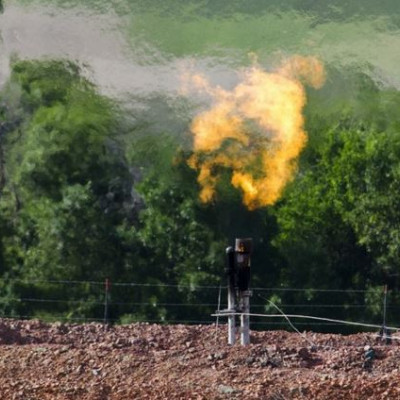June 30, 2015
June 2015 at Policy Integrity: Supreme Court Ruling, Public Land for the Price of a Coffee, Migration and Climate Change, New Policy Integrity Website, Spotlight: Avi Zevin
-
Supreme Court Weighs in on EPA Mercury Rule
On Monday, the Supreme Court ruled against the EPA in a challenge to the Mercury and Air Toxics Standards, which regulate toxic pollution from power plants. In a 5-4 decision, the Court said the EPA should have considered costs when it first began its regulatory process. But as Richard Revesz wrote in The Hill, the mercury rule is likely to be upheld eventually and will probably remain in place until then. Furthermore, the ruling does nothing to weaken the legal standing of the Clean Power Plan. Justice Kagan’s dissent adopted the major argument from our amicus brief (not mentioned in any other brief), focusing on why the EPA is justified in considering costs later in the regulatory process. Revesz also discussed the the case in Newsweek, Reuters, Vox, Slate, Salon, and several other outlets. Jack Lienke wrote an entertaining explanation of the case’s impact in Grist.
-
In the News: Leasing Public Land for the Price of a Cup of Coffee
Antiquated leasing rules allow energy companies access to federal lands at prices that ignore decades of inflation, as well as many environmental and health costs of fossil fuel production. As Jayni Hein recently wrote in the Washington Post, “rental fees for onshore oil and gas leases – $1.50 per acre during the first five years and $2 per acre each year thereafter – allow drilling companies to hold and explore mineral leases for the price of a cup of coffee.” Hein’s piece explores many of the findings from Policy Integrity’s recent report, Harmonizing Preservation and Production, which analyzes how the fiscal terms for oil, gas, and coal leases could be modernized to ensure a fair return to the American public. We recently submitted this report to the Department of the Interior.
-
On the Docket: Migration and Climate Change
Climate change is expected to make many regions less habitable, potentially increasing international migration. The social and economic costs of migration can be high, but the climate-economic models that policymakers currently use do not properly account for the effects of migration. In an upcoming Cost of Carbon Pollution report, we will explore how climate change is expected to alter migration patterns, and discuss updates that could improve the prevailing economic models. We will also analyze how modelers might account for the possibility of mass migration brought on by catastrophic climate change.
-
New Policy Integrity Website
We recently launched the newly redesigned policyintegrity.org. Some highlights of our new site include a feature on our most significant policy impacts to date and a rundown of what we’ve accomplished through dozens of partnerships with advocacy organizations, thanks to the support of major foundations and individuals. We encourage you to visit the new site, and sign up for our daily or weekly news highlight emails.
-
Spotlight: Avi Zevin
As a law student, Avi Zevin authored a Policy Integrity working paper on the Clean Air Act and took part in our Regulatory Policy Clinic. He now works as an associate at Van Ness Feldman, a Washington law firm that specializes in energy, environment, and natural resource law and policy. As part of the firm’s climate change and electricity practices, Zevin participates in federal administrative law litigation and advises clients on regulatory issues surrounding the Clean Power Plan. “My work with Policy Integrity deepened my substantive knowledge of administrative and environmental law, and instilled the value of pragmatic, effective, and cost-effective regulation. I use these skills and values every day,” said Zevin.





